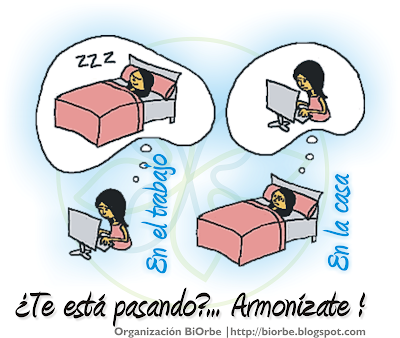La estabilidad emocional arma contra el estrés laboral

El estrés laboral puede significar importantes riesgos para la salud. Establecer límites y negociar mejores condiciones de trabajo es muy importante para reducirlo. Uno de nuestros pacientes, Mario, trabaja en México para una institución dedicada a combatir la pobreza en varios países. Tuvimos la oportunidad de tratarlo gracias al Internet. “ De otra forma, hubiera sido imposible ”. Mario está en esa Institución desde 2009, y hace varios meses que le dedica en promedio entre 13 y 14 horas al día. “ Trabajando 14 horas al día de lo único que da tiempo es de dormir ”, dice Mario. El caso de Mario no suena tan lejano. De acuerdo con la Organización para la Cooperación y el Desarrollo Económicos (OCDE), de los países miembros, en México es donde más tiempo se le dedica al trabajo: 10 horas al día. Mario encuentra paradójico que el trabajar para aumentar la calidad de vida de otros, disminuya la suya. Él presenta fuertes dolores en la parte alta de su espalda y una gastritis severa, qu...

